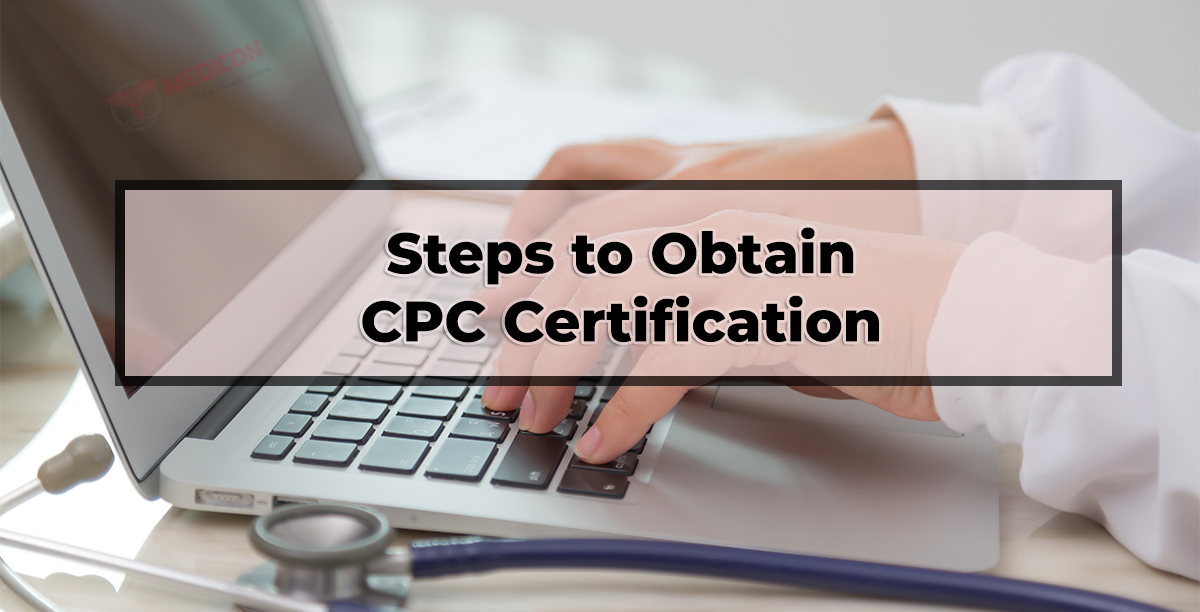Steps to Obtain CPC Certification
Certified Professional Coder (CPC) certification is a prestigious credential for those looking to establish a career in medical coding. The process of obtaining this certification involves several key steps, each designed to ensure that candidates acquire the necessary skills and knowledge to excel in this field. Below is a comprehensive guide outlining the steps to achieve CPC certification.

1. Research and Understand CPC Certification Requirements
The first step in obtaining CPC certification is to thoroughly research and understand the requirements set by the American Academy of Professional Coders (AAPC). This includes understanding the eligibility criteria, exam structure, and the topics covered. Candidates should ensure they meet the basic educational requirements and are prepared for the rigorous examination process.
2. Enroll in a CPC Training Program
Enrolling in a reputable CPC training program is crucial for success. These programs are designed to provide in-depth knowledge of medical coding, including the use of CPT, ICD-10-CM, and HCPCS Level II codes. Training programs typically offer both online and in-person options, allowing candidates to choose a format that best fits their learning style and schedule. The training covers:
- Medical terminology: Understanding the language used in healthcare settings.
- Coding systems: Mastering CPT, ICD-10-CM, and HCPCS Level II codes.
- Anatomy and physiology: Knowledge of human anatomy to accurately assign codes.
- Compliance and regulations: Understanding legal and ethical standards in coding.
3. Gain Practical Experience
While not mandatory, gaining practical experience in a healthcare setting can significantly enhance a candidate’s understanding of medical coding. Internships, volunteer positions, or entry-level coding jobs can provide valuable hands-on experience, allowing candidates to apply theoretical knowledge in real-world scenarios. Practical experience also makes candidates more competitive in the job market post-certification.
4. Prepare for the CPC Exam
Preparation for the CPC exam is critical to achieving certification. Candidates should allocate sufficient time to study the extensive material covered in the exam. This includes reviewing coding guidelines, familiarizing themselves with the types of questions that will be asked, and taking practice exams to build confidence. Many training programs offer exam preparation courses, which can be a valuable resource.
5. Register and Schedule the CPC Exam
Once prepared, candidates must register for the CPC exam through the AAPC website. The exam can be taken at an approved testing center or online through a remote proctoring service. It is important to select a date and time that allows for adequate preparation and to ensure that all necessary materials, such as identification and coding manuals, are ready for the exam day.
6. Take the CPC Exam
The CPC exam is a rigorous test that assesses a candidate’s knowledge and ability to apply coding guidelines to various medical scenarios. It is an open-book exam, allowing candidates to use coding manuals, but it is time-limited, requiring efficient and accurate coding skills. The exam consists of 150 multiple-choice questions, and a passing score is required to obtain certification.
7. Maintain Your CPC Certification
After passing the exam and earning the CPC credential, it is essential to maintain the certification through continuous education. AAPC requires CPCs to complete a certain number of Continuing Education Units (CEUs) every two years to ensure that they stay current with the latest coding practices and industry changes. This ongoing education is vital for maintaining the validity of the certification and continuing professional development.
8. Explore Career Opportunities
With a CPC certification in hand, professionals can explore a wide range of career opportunities in various healthcare settings, including hospitals, clinics, insurance companies, and consulting firms. The certification opens doors to roles such as medical coder, billing specialist, coding auditor, and compliance officer, with the potential for career advancement and higher earnings.
Obtaining CPC certification is a significant achievement that requires dedication, preparation, and a commitment to ongoing education. By following these steps, candidates can successfully navigate the certification process and build a rewarding career in the medical coding industry. The CPC credential not only enhances professional credibility but also contributes to the efficient functioning of healthcare organizations by ensuring accurate and compliant coding practices.

